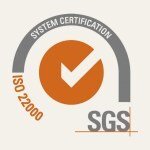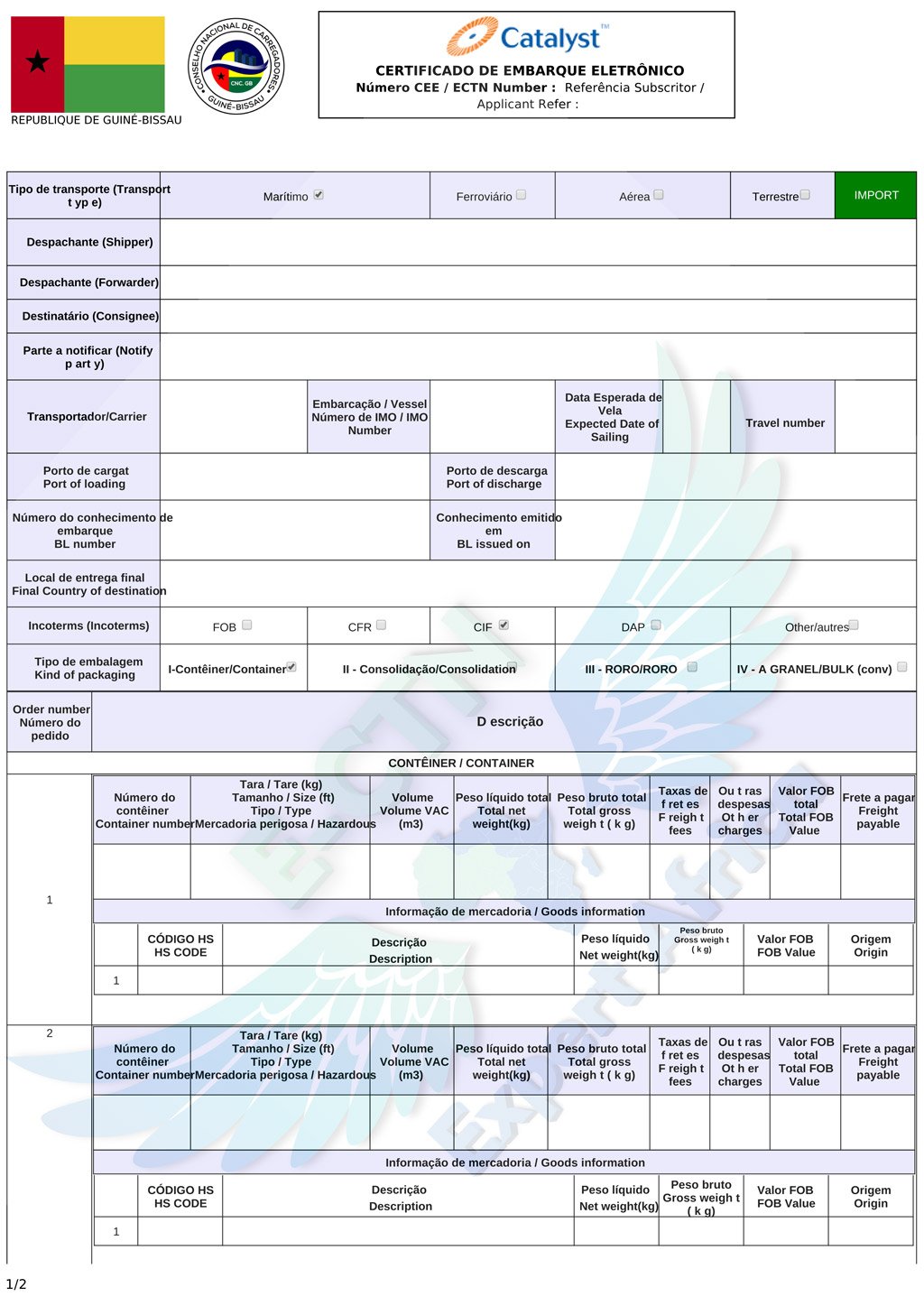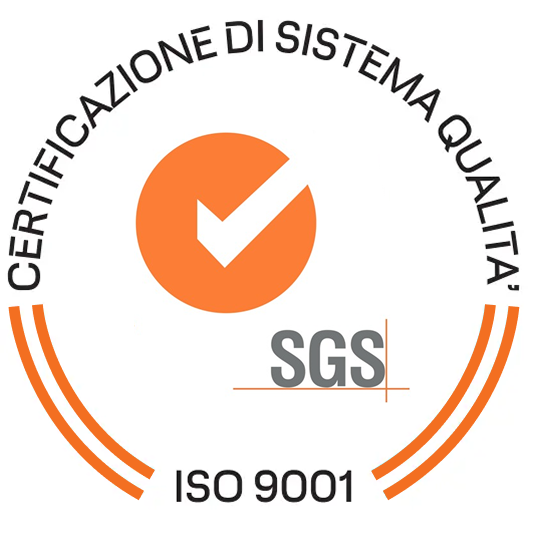Certificate cost depends on the number of Bill of Ladings and the containers, the country of origin, the port of discharge, etc. This is why we can’t give you an exact price for the CTN. But if you share your shipment’s details with us we can provide you the best charges for your certificate. We offer free quotation.
The certificate cost varies based on factors such as the number of Bill of Ladings, containers, country of origin, and port of discharge. Thus, an exact price for the CTN cannot be provided upfront. However, by sharing shipment details, we can offer the best charges tailored to your needs. We provide free quotations. Entrust this process to experienced Freetown BSC agents in India to ensure accurate cost assessments and seamless handling of your CTN requirements.









